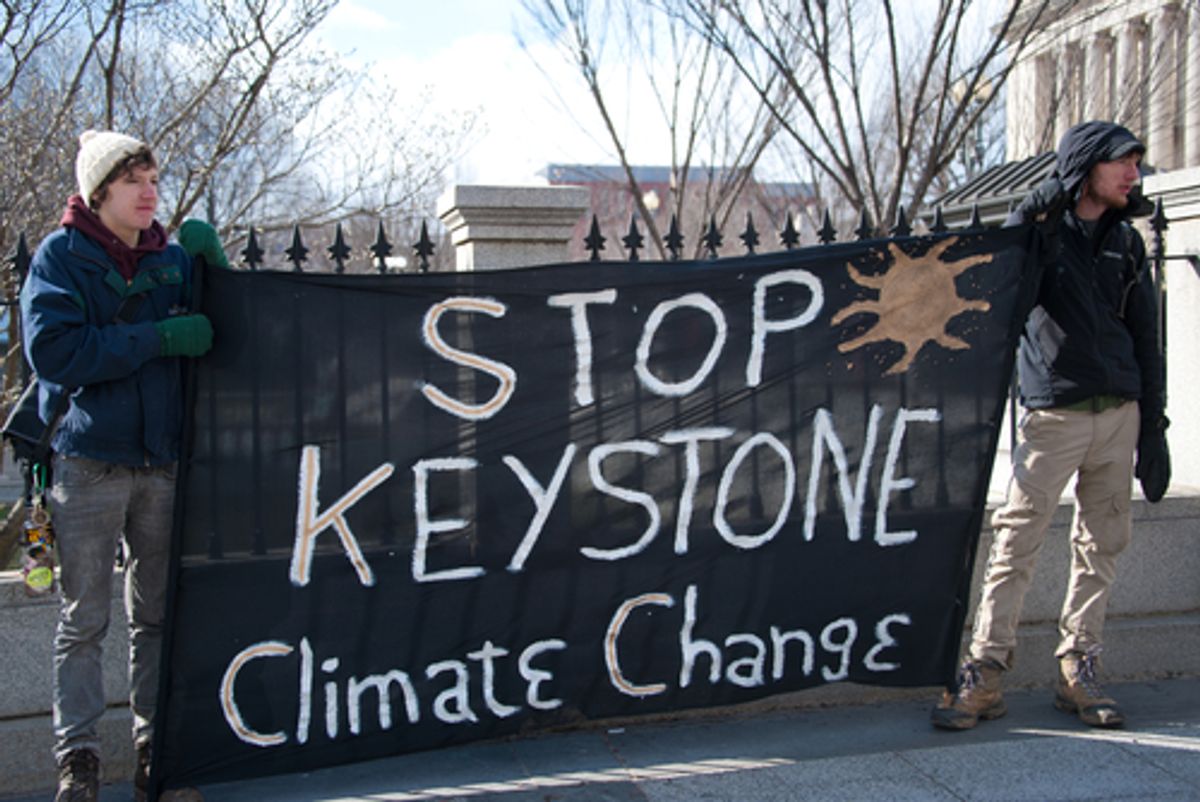 Why don’t people behave in more environmentally friendly ways? New research presents one uncomfortable answer: They don’t want to be associated with environmentalists.
Why don’t people behave in more environmentally friendly ways? New research presents one uncomfortable answer: They don’t want to be associated with environmentalists.
That’s the conclusion of troubling new research from Canada, which similarly finds support for feminist goals is hampered by a dislike of feminists.
Participants held strongly negative stereotypes about such activists, and those feelings reduced their willingness “to adopt the behaviors that these activities promoted,” reports a research team led by University of Toronto psychologist Nadia Bashir. This surprisingly cruel caricaturing, the researchers conclude, plays “a key role in creating resistance to social change.”
Writing in the European Journal of Social Psychology, Bashir and her colleagues describe a series of studies documenting this dynamic. They began with three pilot studies, which found people hold stereotyped views of environmentalists and feminists.
In one, the participants—228 Americans recruited via Amazon’s Mechanical Turk—described both varieties of activists in “overwhelmingly negative” terms. The most frequently mentioned traits describing “typical feminists” included “man-hating” and “unhygienic;” for “typical environmentalists,” they included “tree-hugger” and “hippie.”
Another study, featuring 17 male and 45 female undergraduates, confirmed the pervasiveness of those stereotypes. It further found participants were less interested in befriending activists who participated in stereotypical behavior (such as staging protest rallies), but could easily envision hanging out with those who use “nonabrasive and mainstream methods” such as raising money or organizing social events.
The results of three additional studies suggested this aversion to perceived stereotypical behavior impacts people’s behavior. In one of them, 140 Americans (again recruited via Mechanical Turk) read an article about climate change and “the need for individuals to adopt sustainable lifestyles.”
For one-third of the participants, the writer was described as a stereotypical environmentalist (his “profile” stated, “I hold rallies outside chemical research labs”). Another third were told he was an atypical, less-abrasive environmentalist (“I’m involved in organizing social events … to raise money for grassroots-level environmental organizations”). For the final third, his profile did not mention environmental activism at all.
After reading the article, participants were asked whether it inspired them to do more recycling, or otherwise take more eco-friendly actions.
“Participants were less motivated to adopt pro-environmental behaviors when these behaviors were advocated by the ‘typical’ environmentalist, rather than by the ‘atypical’ environmentalist or the undefined target,” the researchers report.
This is, needless to say, frustrating news for activists, and not just the ones mentioned here. The researchers suggest this dynamic may very well apply across the board, such as to activities advocating gay rights or Wall Street reform.
“Unfortunately,” they write, “the very nature of activism leads to negative stereotyping. By aggressively promoting change and advocating unconventional practices, activists become associated with hostile militancy and unconventionality or eccentricity.”
“Furthermore, this tendency to associate activists with negative stereotypes and perceive them as people with whom it would be unpleasant to affiliate reduces individuals’ motivation to adopt the pro-change behaviors that activists advocate.”
So the message to advocates is clear: Avoid rhetoric or actions that reinforce the stereotype of the angry activist. Realize that if people find you off-putting, they’re not going to listen to your message. As Bashir and her colleagues note, potential converts to your cause “may be more receptive to advocates who defy stereotypes by coming across as pleasant and approachable.”



Shares